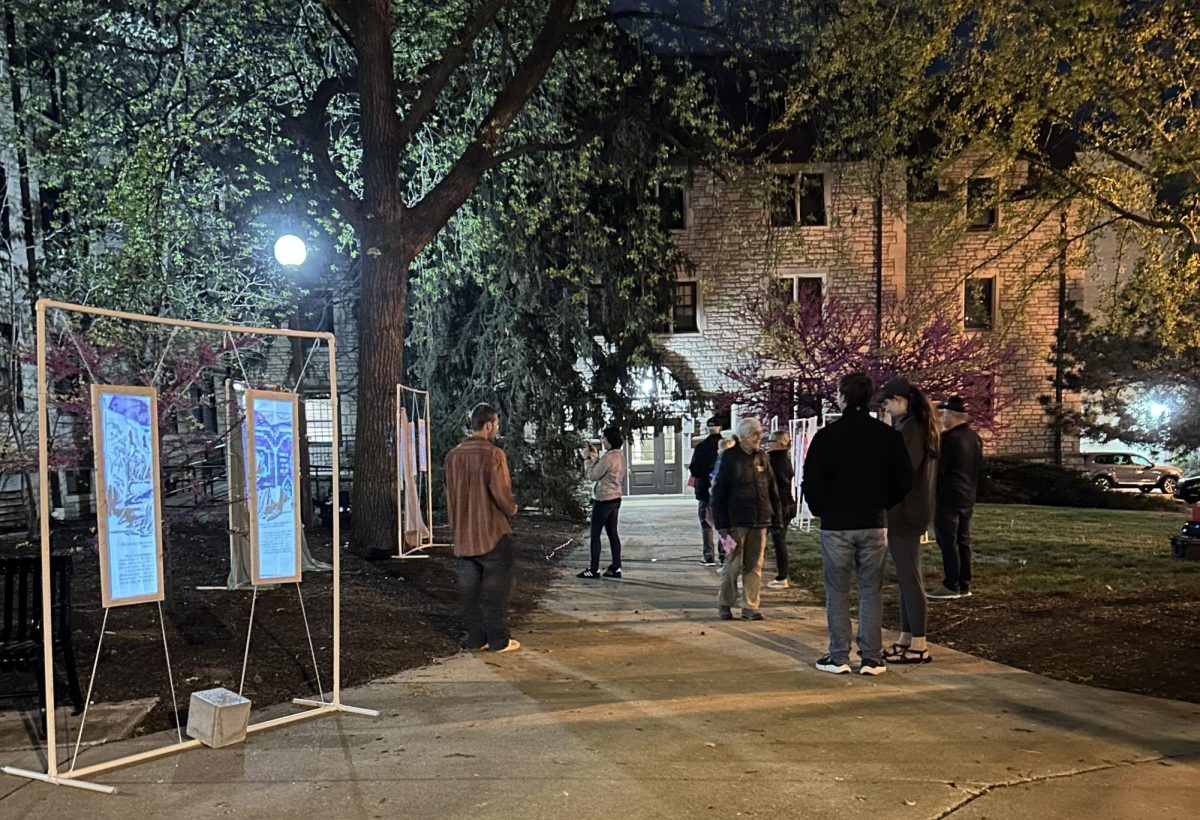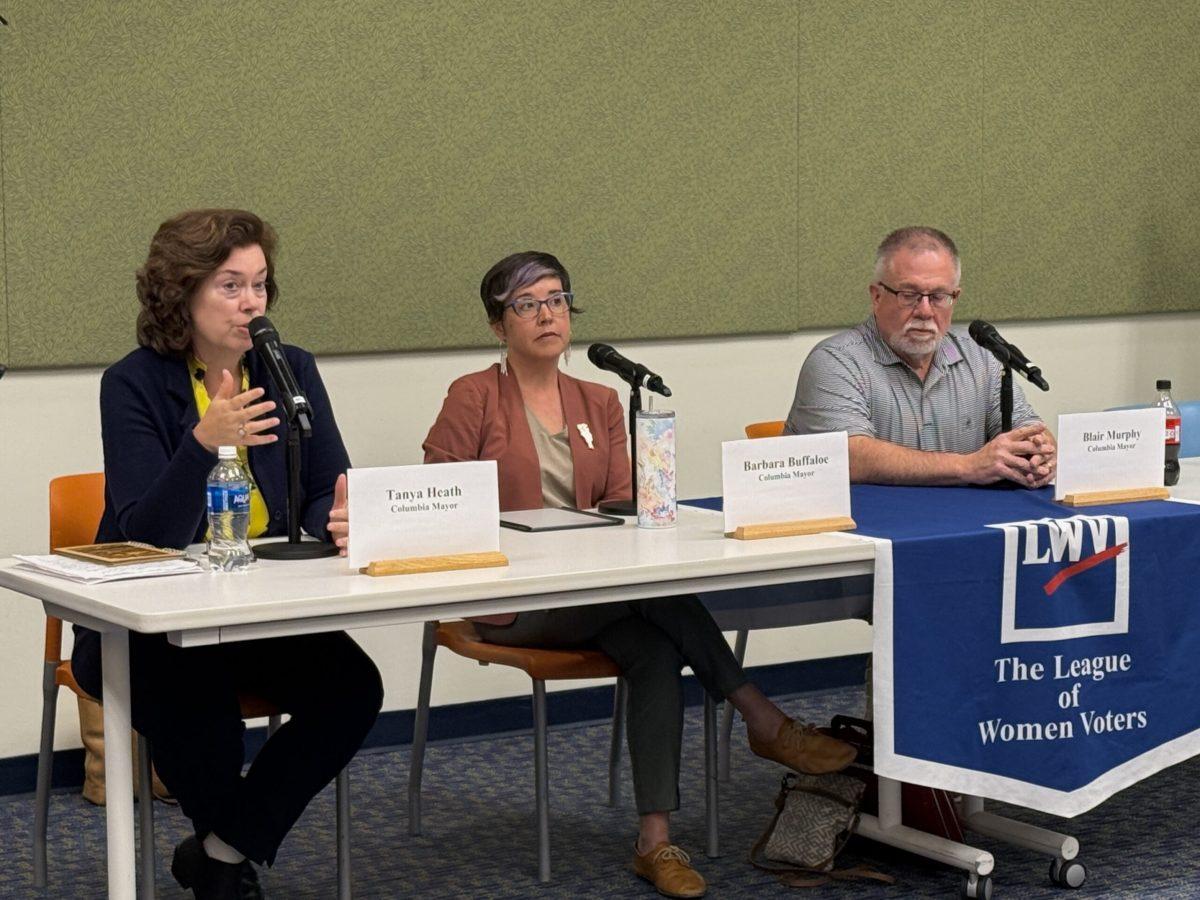December 14 cannot get here fast enough.
Not because it’s the end of finals — that’s great, but mine are actually over the day before — but because it’s the day that “The Hobbit: An Unexpected Journey,” the first of Peter Jackson’s “The Hobbit” movie series, comes out. It’s the day that I’ve unknowingly been waiting for my entire life.
One of the first movies I remember watching was the 1977 animated version of “The Hobbit.” After several years of repeated viewings, my dad decided my siblings and I were old enough to have the actual book read to us. I got my first copy of my very own when I was 10.
Every time I re-read it, I get sucked back into the magical world of J. R. R. Tolkien’s masterpiece. Even though I know everything that happens in the book by heart, I still find myself properly frightened when Bilbo Baggins (the titular hobbit) and his companions have a run-in with some trolls. I still ponder the meaning of each of Gollum’s riddles. I still get ecstatic when they finally find their way through the Misty Mountains. And I still can’t help but stay up until 4 a.m. to see the end of Bilbo’s trek through Middle Earth, even though I know exactly how it ends.
I love the way Tolkien begins “The Hobbit.” I’ve had the first paragraph memorized for years. It’s just so matter-of-fact while at the same time providing so much detail — “not a nasty, dirty, wet hole, filled with the ends of worms and an oozy smell, nor yet a dry, bare, sandy hole with nothing in it to sit down on or to eat … It was a hobbit hole, and that means comfort.” Tolkien also does an excellent job of making his world seem completely plausible; he tells the reader what hobbits are, but he explains that he’s doing so not because he invented them, but because they stopped interacting with mankind long, long ago.
Bilbo’s journey through Middle Earth to defeat the evil dragon Smaug is also filled with Tolkien’s aphorisms and moral platitudes. There are all these pithy little sayings in “The Hobbit” that I always remember, no matter how long it has been since I last read the book. Bilbo’s creation of the proverb “escaping goblins to be caught by wolves!” (a Middle Earth version of “out of the frying pan, into the fire”) is one of them. Another favorite: “It does not do to leave a live dragon out of your calculations, if you live near him.” We obviously don’t have real dragons to contend with in our world, but it’s a nice reminder to not become overly confident.
Tolkien’s other books are just as enchanting. The three books that make up “The Lord of the Rings” let you see what happens to Bilbo and the others after their there-and-back-again journey in “The Hobbit” is completed. They’re the kind of books that you always hope will be part of your favorite series — the kind that let you in on what happens to the characters after they finish their first big adventure and go on with the rest of their lives. Special shout-out to Mizzou’s online English 2150 class for giving me the chance to visit Middle Earth again and get credit for doing so.
Tolkien also wrote several books that aren’t set in the hobbits’ homeland of Middle Earth. My favorite of these is “Roverandom,” a story about a little dog’s big adventures that he originally wrote for one of his sons. Little dog Rover goes from being a real puppy to a toy after a run-in with the proto-Gandalf wizard Artaxerxes. Rover gets sent to live on the moon by another wizard, goes searching for Artaxerxes’ sea-floor home and finally ends up back with his original owners. It’s a short, cute story that seems like it would be as much fun for a child to read as it was for me.
After my lifelong love affair with Tolkien’s novels, I can’t wait until I finally get to see “The Hobbit” in theaters next week.






